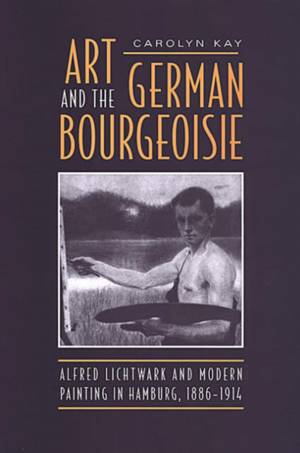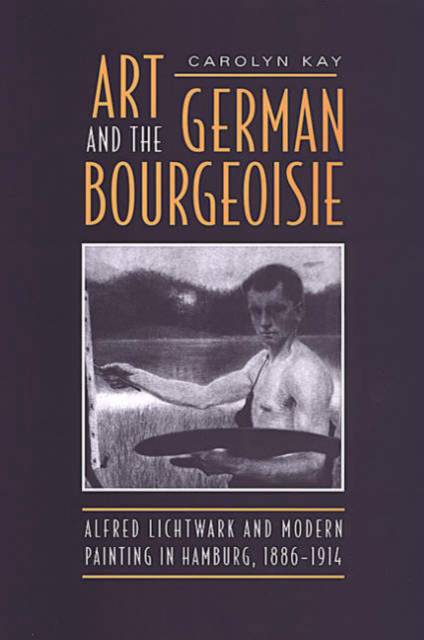
- Retrait gratuit dans votre magasin Club
- 7.000.000 titres dans notre catalogue
- Payer en toute sécurité
- Toujours un magasin près de chez vous
- Retrait gratuit dans votre magasin Club
- 7.000.0000 titres dans notre catalogue
- Payer en toute sécurité
- Toujours un magasin près de chez vous
Description
In this new study of art in fin-de-siècle Hamburg, Carolyn Kay examines the career of the city's art gallery director, Alfred Lichtwark, one of Imperial Germany's most influential museum directors and a renowned cultural critic. A champion of modern art, Lichtwark stirred controversy among the city's bourgeoisie by commissioning contemporary German paintings for the Kunsthalle by secession artists and supporting the formation of an independent art movement in Hamburg influenced by French impressionism. Drawing on an extensive amount of archival research, and combining both historical and art historical approaches, Kay examines Lichtwark's cultural politics, their effect on the Hamburg bourgeoisie, and the subsequent changes to the cultural scene in Hamburg.
Kay focuses her study on two modern art scandals in Hamburg and shows that Lichtwark faced strong public resistance in the 1890s, winning significant support from the city's bourgeoisie only after 1900. Lichtwark's struggle to gain acceptance for impressionism highlights conflicts within the city's middle class as to what constituted acceptable styles and subjects of German art, with opposition groups demanding a traditional and 'pure' German culture. The author also considers who within the Hamburg bourgeoisie supported Lichtwark, and why. Kay's local study of the debate over cultural modernism in Imperial Germany makes a significant contribution both to the study of modernism and to the history of German culture.
Spécifications
Parties prenantes
- Auteur(s) :
- Editeur:
Contenu
- Nombre de pages :
- 184
- Langue:
- Anglais
Caractéristiques
- EAN:
- 9780802009227
- Date de parution :
- 21-12-02
- Format:
- Livre relié
- Format numérique:
- Genaaid
- Dimensions :
- 174 mm x 221 mm
- Poids :
- 453 g







